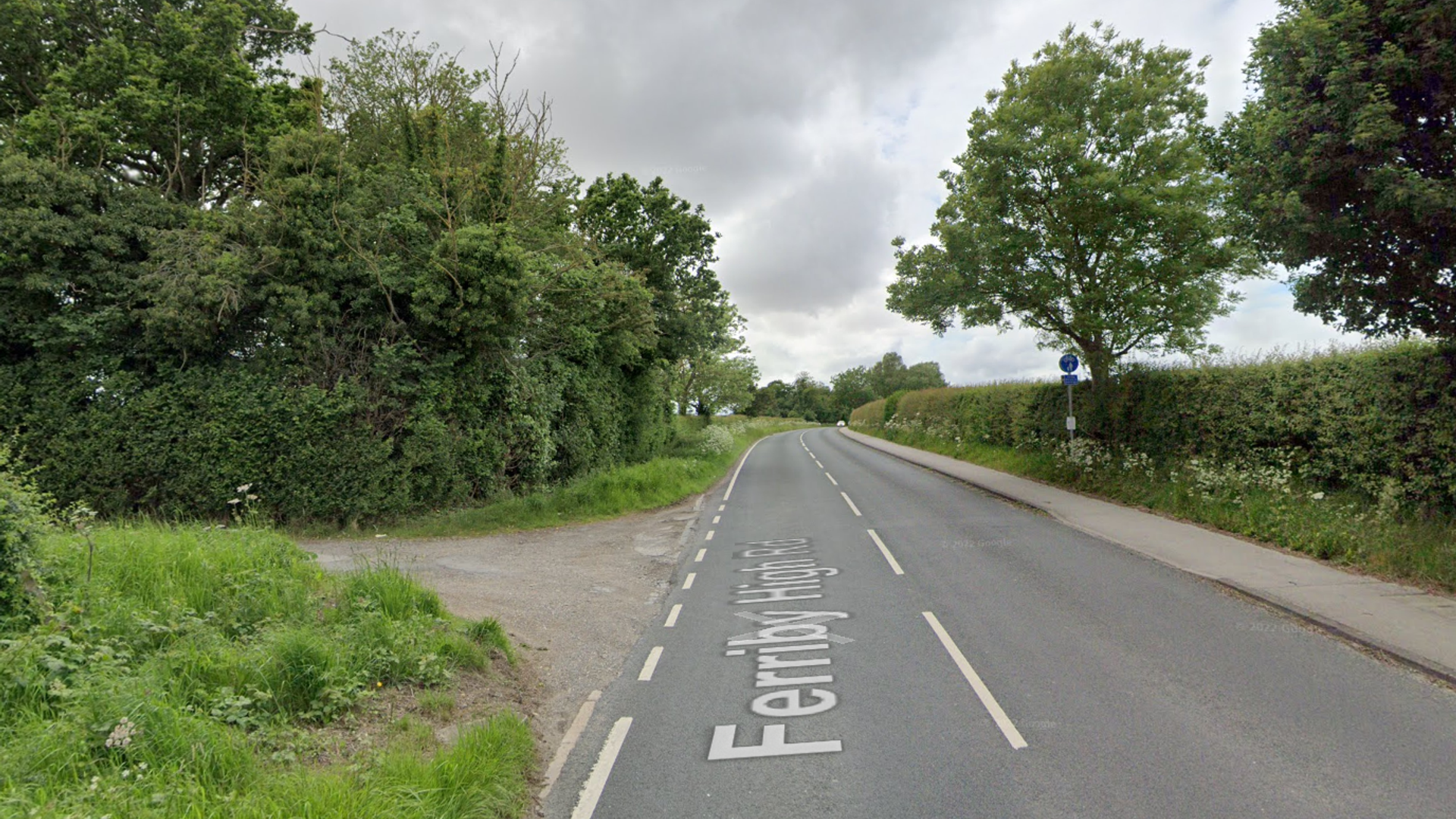
Michael Cianchette is a Navy reservist who served in Afghanistan. He is in-house counsel to a number of businesses in southern Maine and was a chief counsel to former Gov. Paul LePage.
Getting Question 6 on the ballot was a major initiative of the Wabanaki Alliance. Substantively, it does not do much.
Back in 1875, Maine voters adopted a constitutional amendment that said certain portions of the state Constitution did not need to be printed. They weren’t repealed, so they remained effective, just unpublished.
Question 6 just asks whether those parts should be printed again. The answer should be “yes.”
The “why” is more complicated.
It starts with the incredibly complex history of tribal relations in the United States. That is a long story, but one example should hit home for anyone.
Nearly two decades after Mainers decided not to print parts of the state Constitution, Army Capt. Richard Pratt began to promote boarding schools for Native American children. The purpose was embodied in his now-famous quote: “Kill the Indian, and Save the Man.”
Fast forward to 1978. Tribal children were being removed from their families at rates far exceeding other communities. They were being given to non-Indian families. It seemed Pratt’s ideas had taken root. Federal action was instituted to address the problem when Congress passed the Indian Child Welfare Act.
Yet states – including Maine – did not always follow federal law. This isn’t some dusty part of the historic record; it was happening while I was in high school. In 1999, during Gov. Angus King’s administration, state officials were taking tribal children without signed court orders. Those children were being placed with non-Native families.
Try to place yourself in their shoes. Any loving parent should empathize with that situation. Losing your children would be hard enough. But having them placed outside your family – or, in this case, your cultural community – is simply salt in the wound. Traditions were being lost. Pratt’s adage echoed loudly.
That is just one small piece of a much larger story. But losing children meant that tribes could not pass on their culture, traditions, heritage, stories, and the like. If it had continued unabated, the Wabanaki tribes would have likely ceased to exist. They would have been erased.
Given that, it is easier to understand why the Wabanaki Alliance placed an emphasis on Question 6. Part of the unpublished clauses of the Constitution included language about treaties between Massachusetts and the Wabanaki, treaties that the newly-created State of Maine would become party to.
That has led some to suggest that these parts of the Constitution were hidden due to animus for the tribes. They were being erased.
Yet other records don’t appear to bear that out.
One of the other groups explicitly mentioned in the original Maine Constitution are the “President and Trustees of Bowdoin College.” You can look it up: Article X, Section 5, Seventh. Massachusetts had given the school a grant from taxes levied on banks. The Constitution required the State of Maine to adhere to that grant.
These obligations were proposed to be “hidden” along with the language concerning tribal responsibilities, the divvying up of money related to the War of 1812, and countless other provisions.
The broad “don’t publish” proposal was one of 17 wide-ranging recommendations offered by a constitutional convention. Some scholarship suggests that one member of the convention had ongoing legal disputes related to the tribes.
Occam’s razor is useful here. Whatever judicial intrigue may have existed, amendments could only pass through a statewide vote. And back in 1875 when the amendment was adopted, printing was expensive.
Early Mainers were a frugal bunch. Part of the reason we are a “state” is because it was cheaper to paint five letters on signs instead of the longer “commonwealth.” Cutting four pages out of every copy of the constitution likely could save the public treasury some real money.
That seems a more likely explanation for the amendment’s passage than an unstated statewide desire to obfuscate obligations owed to Bowdoin, the tribes, and countless others.
But now we are reconsidering that course of action of our ancestors, which leads us back to Question 6.
Whatever the history, the Wabanki tribes have asked that the Maine Constitution be printed in full. Printing is cheap nowadays. And if they believe it is an important symbolic step to help rebuild mutual trust with a state that has unequivocally fallen short during our lifetimes, voters should find it an easy “yes.”











